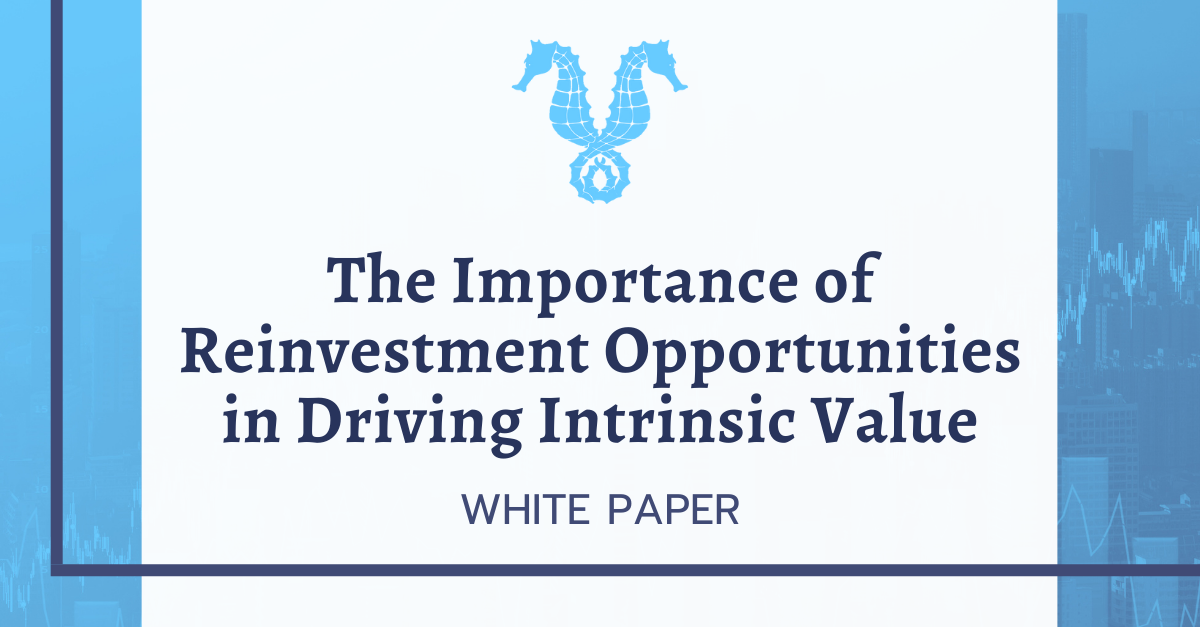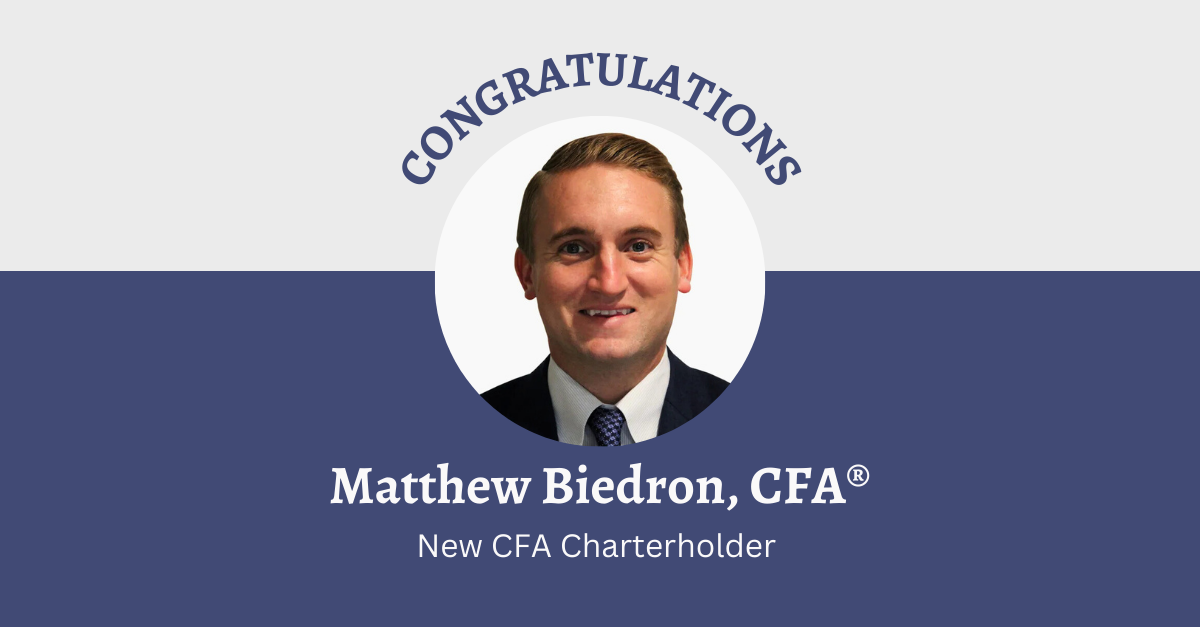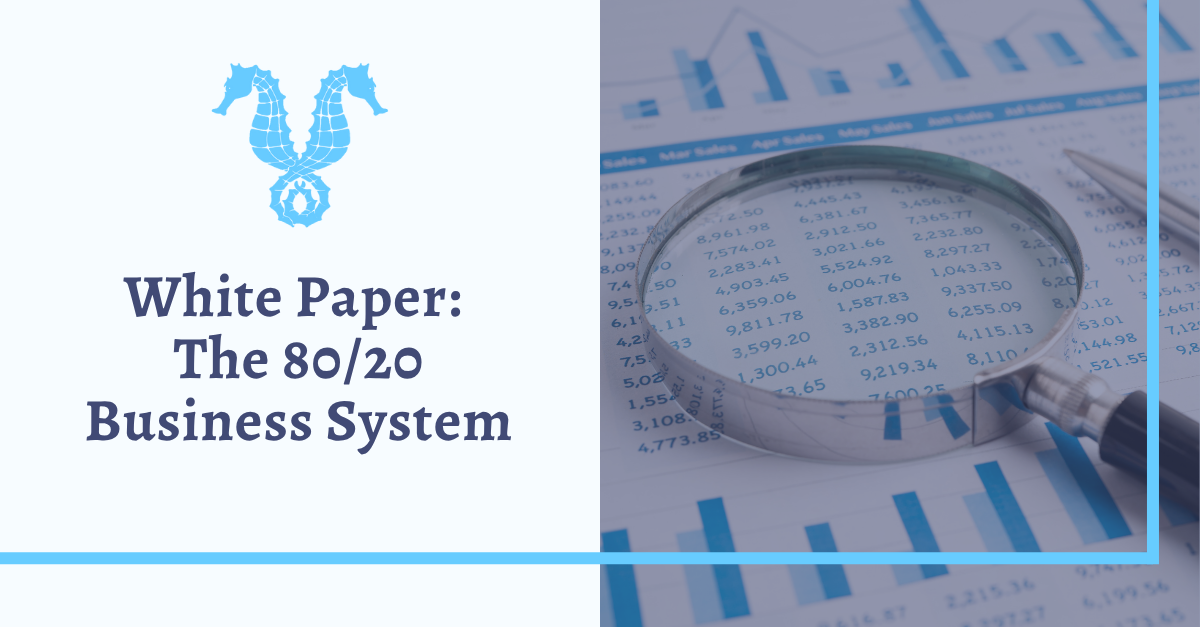Are You Ready for Retirement?
What is a wealthy retirement? Ideally, you'd like to retire and live the life to which you are accustomed. So you're probably looking for ways to improve the performance of your portfolio and make sure you'll have more than enough in your golden years to, ahem, keep them golden.
Let's consider a scenario where you have grown your portfolio to $10 million, and you're turning 60 next year. If you plan to retire in the next twelve months and we assume you'll live until age 90, it means you'll have at least $10 million to live off of for the next 30 years. Right now, that may sound like a lot. But look at it this way: If your desired monthly income is $50,000, that's $600,000 per year. For thirty years, you would need to have amassed at least $18 million (assuming a simple annual rate of return of 4.25%) to fund your lifestyle.
And that doesn't include leaving an inheritance to your heirs. Oliver Luxxe Assets can help high net worth families plan to have enough to fully fund their retirement's monthly income and have enough to leave any beneficiaries an inheritance.
A wealthy retirement largely depends on your sources of income. High-net-worth individuals whose lifestyle depends on their current salary may not gain the financial freedom they crave if they don't find a way to optimize their other assets. Once you stop working, even a large fund of retirement savings can quickly get depleted when more money is going out than coming in. And we're not even accounting for the negative effects of inflation over time--particularly when investments don't make a positive real return.
1. What will you do with your time? Would you like to learn Japanese? Finally write that book? Travel to Africa and see some lions? Or invest in a vacation home in Italy? So many possibilities await you in retirement! But it's also easy for retirees to get into a retirement limbo, where you're stuck between letting go of your current work identity and embracing a new lifestyle. Deciding what you'd like to do with your days should be one of the first things you do and not the last. Sure, financial planning plays a crucial role in determining your retirement's wealth but knowing how you'd like to spend your golden years can inform your savings and investment goals. If your goals for retirement are still a little hazy, that's alright too. Create a simple list of ideas, in order of importance and go from there. Oliver Luxxe wealth managers can help you make a financial plan that is customized to your desired lifestyle.
2. What are your core expenses and spending levels? Consider doing an analysis with trials of market returns to see if the life you want to live is feasible. Oliver Luxxe Director of Financial Planning, Joseph Trucano CFP®, relies on a "stress test" software to score how successful a family's plan is in real life. In this Monte Carlo simulation, we take all your assets and pair them up with expenses in different scenarios. We then "stress test" it, shock the system, and you'll know whether or not you're making enough to have a wealthy retirement.
"The Oliver Luxxe retirement analysis subjects a client's retirement plan to a number of market conditions, sometimes in excess of one thousand different scenarios, to account for fluctuations and volatility in the market that other calculations don't take into account," said Trucano. "This is critically important because it informs us as the advisors, and them as the client, if their plan is fundamentally secure to fulfill their goals or if it needs adjustments."
Using the system gives high-net-worth individuals a greater sense of security because they're prepared for possible worst-case scenarios and are more likely to make better investment decisions in line with their financial goals. This peace of mind leads to better investment decisions and financial behavior for the clients, leading to a higher probability of achieving their goals.
3. Determine Your Retirement Monthly Income- Your retirement income will likely come from three primary sources:
- Investments (IRAs, 401k, equities, bonds, etc.)
- The 401k from your employer and the IRA's based on individual contributions. You may also have a specific mix of bonds, stocks, and cash investments.
- CDs, cash accounts
- Retirees need to have enough cash to cover at least one year's worth of expenses. You can put this money in a relatively safe, liquid account like a short-term certificate of deposit (CD) or a money market fund.
- Fixed incomes (Social Security, pension)
- You'll get fixed payments from your pension and any other lifetime annuities you invested in over the years. When it comes to your Social Security, knowing when to withdraw the funds can offer great benefits not only to your monthly income but also tax relief. (Families with rental properties or other income-generating assets have a bit more flexibility here.)
4. Use Donor-Advised Funds for Charitable Gifting- We recently talked about donor-advised funds (DAF), which is essentially like a charitable investment account for the sole purpose of supporting charitable organizations you care about.
The National Philanthropic Trust estimates that Donor Advised Funds (DAF) have experienced explosive growth in the last ten years, with more than 12% of individual donations going into DAFs. So why have DAF’s become so popular?
- Individuals can claim deductions at any time. It’s not limited to only when you want to support a charity. You can even choose a tax year for your donation.
- For your non-contributing years, individuals may still be eligible for higher Standard Deduction- allowing you to support your favorite charity while also enjoying tax benefits.
- DAFs can also improve your cash flow after retirement. Since you’ll have already set money aside for charitable giving, you won’t have to withdraw from funds earmarked for retirement to support your charities.
- You can also assign a successor to a DAF to encourage the spirit of giving for generations to come.
- Choosing to put funds in DAFs can also provide much-needed tax relief for people whose marginal tax rate drops once they retire.
- It’s easier to donate stocks to a DAF than to give directly to a charity since the organization may not know how to handle a stock donation.
- You’ll also have more control over the amount of money the charity actually receives because you’ll eliminate the market movement between when you send the donation and the charity organization receiving it and subsequently selling it.
- Any individual contributing to a charity, whether in stocks, cash, or other assets, is typically also eligible for an immediate tax deduction. This opens the door for tax-free growth investments providing you with a straightforward, flexible, and convenient way to give to a charity of your choice, just like the online banking experience.
A couple of things you should remember before using DAFs:
- Tax deductions are for the year you contribute and not based on the date your charity actually receives the donations.
- While DAFs accept all donations, there’s a thirty percent limit to tax deductions based on your adjusted gross income, and it only covers stocks that have long-term gain.
- DAFs can also track contributions, providing a single tax document and making record-keeping less of a hassle.
There you have it, our four-step approach to helping high-net-worth and ultra-high-net-worth individuals plan for retirement. If you have any questions about how to manage your portfolio and grow your savings so you can enjoy a wealthy retirement, reach out to us. We look forward to creating an investment approach tailored to your unique needs and comforts, giving you the freedom to pursue what you value most in life once you retire.New Paragraph












